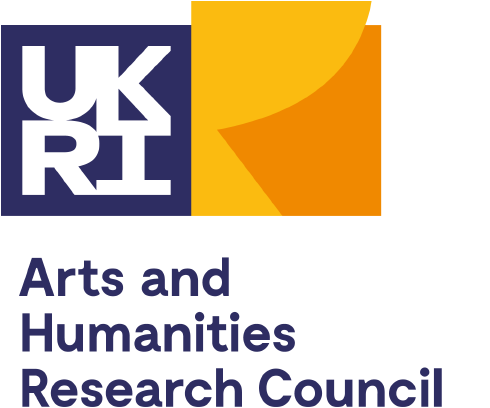The Arts and Humanities Research Council’s (AHRC) Peer Review College handbook offers new and existing members guidance and essential information on all aspects of membership.
Download the peer review college handbook.
The handbook is constantly updated so always refer to the last updated version.
The Peer Review College forms a crucial part of the peer review process and has a vital role in ensuring that AHRC supports research of the highest quality.
Member online training
Online training for members prior to induction events and effective reviewing.
Standards
The following standards are relevant to your role as a college member:
- UKRI counter fraud and bribery policy: AHRC is committed to the practice of responsible corporate behaviour and to complying with all laws, regulations and other requirements that govern the conduct of our operations
- code of practice: this code is intended as a guide to all members of AHRC’s council, committees, peer review college and other advisory groups, and sets out how AHRC conducts its business and guides members in their duties
- standards of service: this guide is intended to list the standards of service expected from college members
Peer review principles
The UKRI principles of assessment and decision making explains eight core principles in detail and how they may impact you when assessing proposals in the form of reviewing and panel attendance. They outline UKRI’s expectations and ambition for assessment processes and provide transparency to its commitment to robust decision-making.
Using generative artificial intelligence (AI) in peer review
Reviewers and panellists are not permitted to use generative AI tools to develop their assessment. Using these tools can potentially compromise the confidentiality of the ideas that applicants have entrusted to UKRI to safeguard.
For more detail see our policy on the use of generative AI.
Last updated: 23 September 2024


